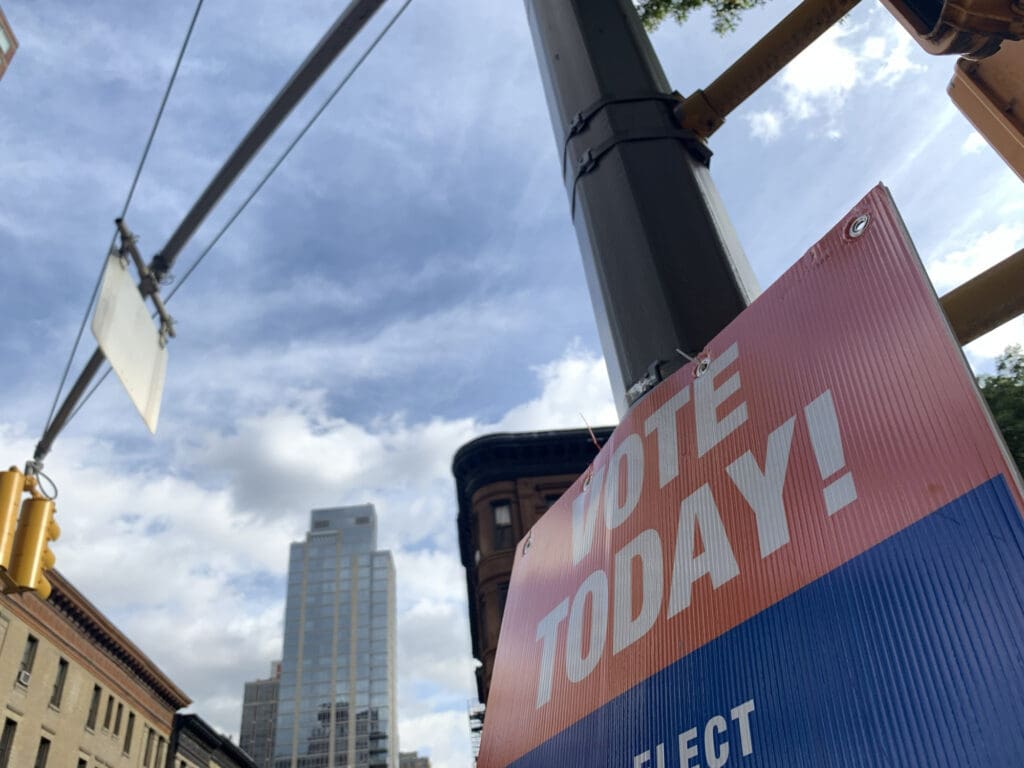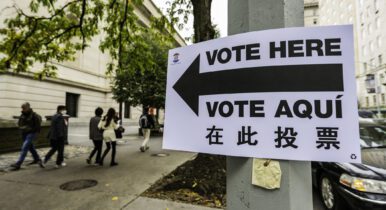From Obama to ‘Black MAGA,’ Making Sense of Black Voter Shifts


It’s been a long time coming. For those of us who work in campaigns and research on the left, the alarms have been sounding for a while. The modest-but-meaningful shift in the Black electorate to Donald Trump didn’t happen overnight. It happened in plain sight. Polling, the qualitative data and, most importantly, Black voters themselves, have expressed their frustrations for some time.
The Obama elections, going back to his first run in 2008, are an unrealistic benchmark for Black voting behavior and campaign strategy. Now, with the release of the latest Catalist report, “What Happened in 2024,” we have more evidence confirming what many of us suspected but too few prioritized: the political behavior of Black voters is changing.
Similarly, our Black Values Research (BVR), a comprehensive analysis of the Black community, first conducted in 2022 and repeated in 2024, confirmed what Republicans understood and Democrats forgot: Black voters are not a monolith.
There are five distinct voter profiles (nearly 60% of Black voters) who don’t fit the profile of quick-to-mobilize Democratic loyalists. And the group that shifted most in 2024 is the Rightfully Cynical — 22% of Black voters who consistently express low levels of social trust and deep frustration with a political system that has failed to deliver material change.
Now, the question is: was 2024 the new benchmark for the Black electorate?
This moment calls for less surprise and more rigor, because if campaigns want to keep or re-engage Black voters effectively in future cycles, they’ll need to (1) understand the shift (2) examine not just vote choice, but also turnout, and (3) recognize how dangerously misleading it is to treat Black voters the same.
Understanding Why
The Rightfully Cynical voters aren’t disengaged because they don’t care. They’re disengaged because, as they look at their lives and communities, and from election cycle to election cycle, they don’t see much change. Those primed to switch their vote from Democrats to Republicans felt like they voted the same way over and over again without any change. The sentiment is pronounced among Black men (and more so among young Black men) who are increasingly questioning whether either party truly speaks to their economic and social realities.
Catalist’s data show a steady decline in Democratic support, from 96% of Black voters in 2012 to 85% in 2024. Among young Black men, the drop is even starker — from 94% to just 75%. It’s worth noting that the trend isn’t uniform. In key battleground states, where there’s been consistent spending, organizing, and investment in infrastructure, the shift in vote choice has been less pronounced, dropping from 95% in 2012 to 81% in 2024 among young Black men, suggesting their support can be retained or reversed with real, sustained engagement.
Tackling Turnout
While the shift in vote choice has drawn attention, a more urgent concern is the drop in turnout. Black voter turnout dropped nearly 6% from 2020 to 2024. If this trend continues, it has catastrophic implications for how the Democratic Party and progressive campaigns in particular approach strategy. This isn’t just a mobilization issue, it’s a persuasion problem. For some, not voting is an intentional decision rooted in disillusionment, not apathy. One respondent in BVR put it this way: “My hood didn’t get any better under Obama and no worse under Trump, so why bother?”
That’s a reflection of low political efficacy — and it’s showing up in the numbers. Other research by HIT Strategies and the Democracy & Power Innovation Fund found a correlation between an individual’s belief that their vote has power and turnout. Advertising won’t fix that. Strategists must plan and advocate for investments, especially at the grassroots level, between election cycles to rebuild trust, deepen engagement, and demonstrate that voting remains a powerful tool for achieving real change.
Paradigm Shift
We must reconsider our assumptions about Black political behavior. Those who rely on campaign strategies, patterns, and assumptions from 20 years ago are missing the mark and the moment. Shifts in voting aren’t primarily ideological — they’re driven by rightful disillusionment, low political efficacy, and compelling narratives. November’s election results aren’t irreversible, but they can become institutionalized without conscious change. Turning the tide requires deep curiosity, abandoning outdated playbooks, and making sustained investments that build trust.
Campaigns seeking to win over Black voters in 2026 and beyond must begin by truly listening to them and responding accordingly. For Democrats, they cannot afford to be complacent, as even small shifts in support and turnout have an outsized impact on electoral outcomes. For Republicans, continued, incremental gains in overlooked communities will expand their coalition. The diversity within the Black community shouldn’t be ignored — it should be cultivated. After all, high voter participation rates benefit not only a political party, but also our democracy as a whole.
Dr. Katrina Gamble is the CEO of Sojourn Strategies, a research and social impact consulting firm.

